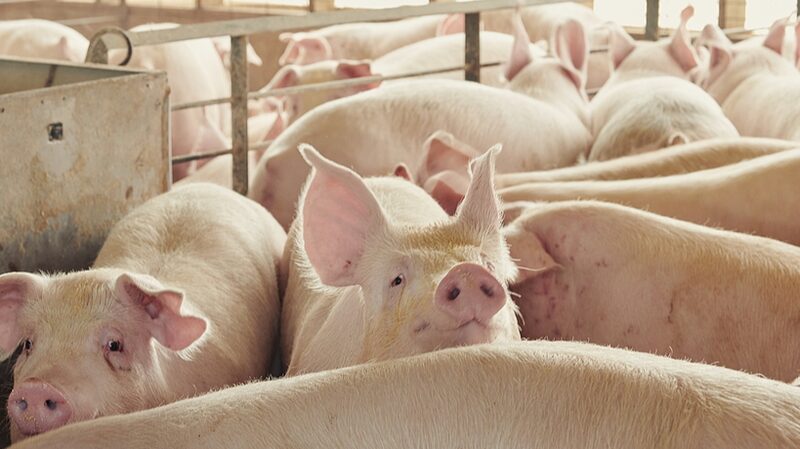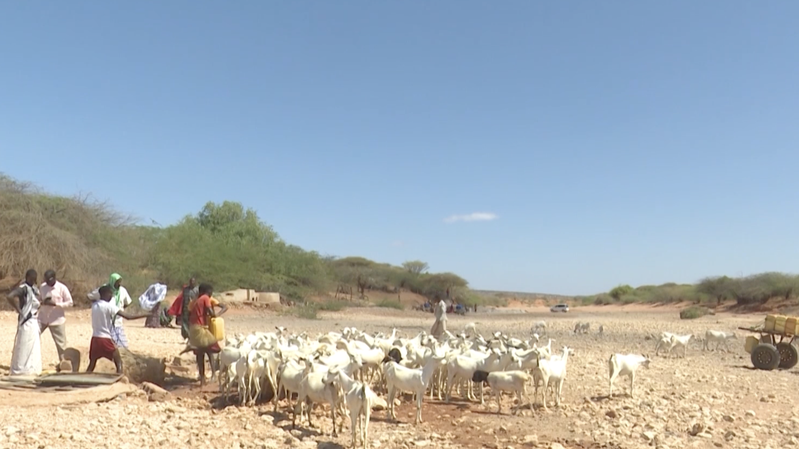European scientists are harnessing the power of artificial intelligence (AI) to enhance the lives of pigs on farms. By decoding the various oinks, grunts, and squeals that pigs make, researchers aim to provide farmers with a tool that can monitor and improve animal welfare.
Led by Elodie Mandel-Briefer, a behavioural biologist at the University of Copenhagen, the team developed an AI algorithm that interprets pig sounds to gauge their emotions. This innovation could alert farmers to signs of distress or discomfort in pigs, enabling timely interventions to ensure their well-being.
The study, a collaborative effort among universities in Denmark, Germany, Switzerland, France, Norway, and the Czech Republic, analyzed thousands of pig sounds recorded in different contexts such as play, isolation, and competition for food. The findings revealed that specific vocalizations correlate with positive or negative emotions. For instance, short grunts often indicate contentment, while long grunts signal discomfort. High-frequency sounds like squeals usually mean the pigs are stressed, perhaps due to pain, fights, or separation.
Traditionally, farmers assess animal welfare by observing physical conditions within the pig pen. However, as Mandel-Briefer points out, \"Emotions of animals are central to their welfare, but we don't measure it much on farms.\" The new AI tool addresses this gap by focusing on the emotional state of the animals.
Interestingly, the algorithm showed that pigs raised in outdoor, free-range, or organic farms produced fewer stress calls compared to those in conventional settings. This suggests that more natural living conditions contribute to better emotional well-being for pigs. The researchers believe that once fully developed, this technology could also help label farms based on animal welfare, empowering consumers to make informed choices.
Looking ahead, Mandel-Briefer envisions an app that farmers can use to translate their pigs' emotions directly on their smartphones. This real-time feedback could revolutionize how farmers manage animal welfare, making it easier to ensure that pigs are happy and healthy.
The AI's ability to process large volumes of sounds and classify them automatically marks a significant advancement in animal husbandry. By understanding the emotional cues of pigs, farmers can create more humane and sustainable farming practices, ultimately benefiting both the animals and the farming community.
Reference(s):
cgtn.com




